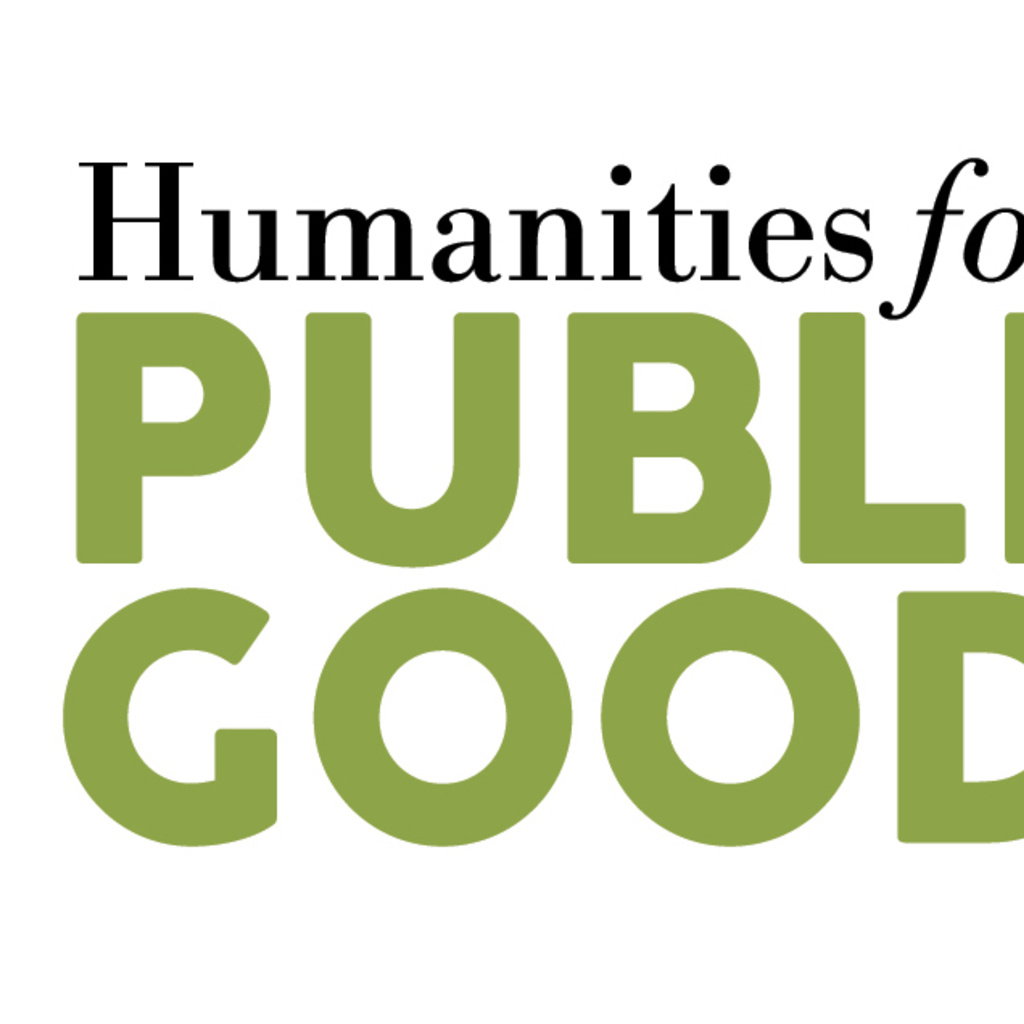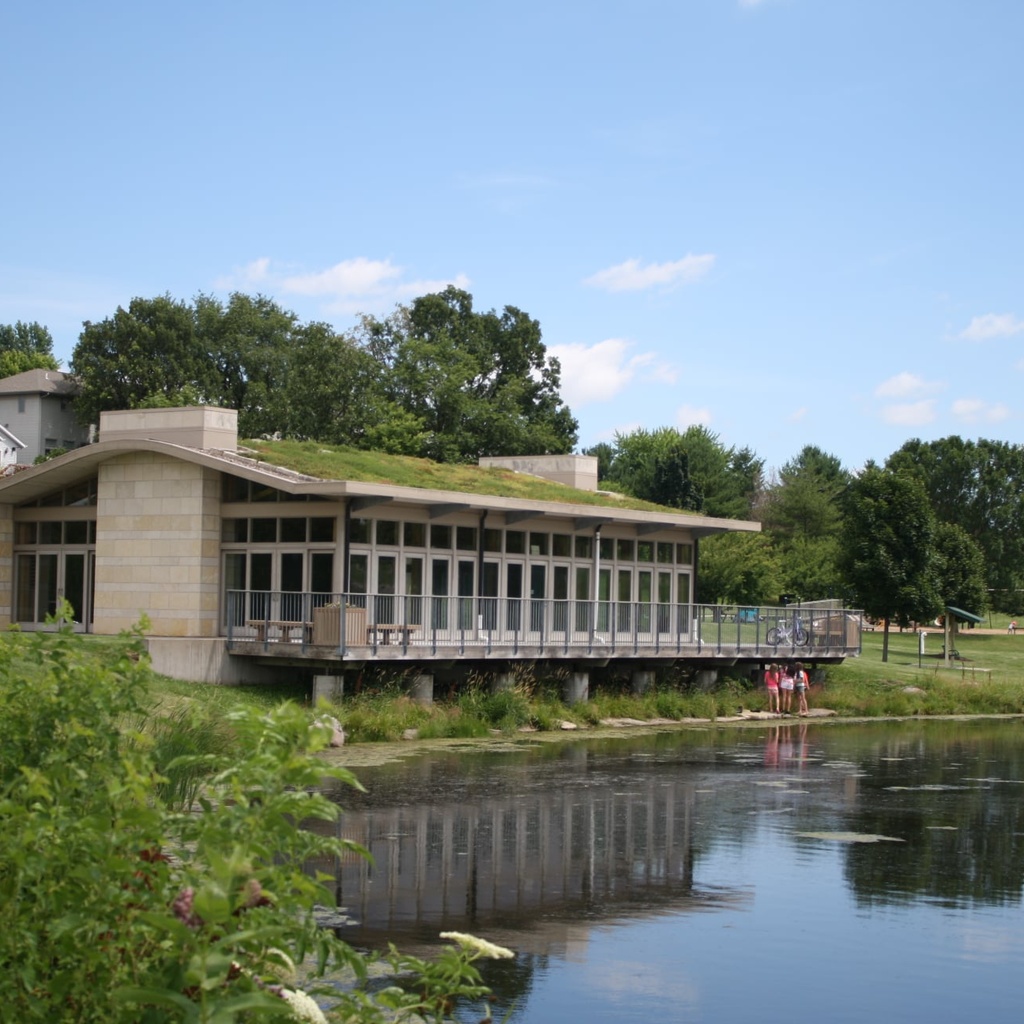Upcoming Events

Cultivating Rurality: Building Community around Rural Research — 2025–26 Obermann Symposium
Directed by Brian R. Farrell, Daria Fisher Page, and Ryan T. Sakoda (UI College of Law), Cultivating Rurality: Building Community around Rural Research will bring together scholars, community leaders from across the U.S., and professionals who work with rural populations and in rural spaces. During the symposium, attendees will be invited to collaborate in theorizing rurality, share how it impacts their work, examine how rurality is represented and celebrated, and begin to discuss challenges...

Application Deadline: Small Important Project Grants
This new Obermann Center program offers modest yet swift support for those portions of research and creative endeavors by UI scholars that are important toward advancing a project but do not have enough funding from other sources. We will grant ten awards of $500 or less per academic year. Note that funds need to be spent by June 30 of each year.
Eligibility: Open to all University of Iowa faculty and staff researchers
Graduate students: Note that the Graduate College offers Small Grants for the...
Spacer
Upcoming Application Deadlines
Upcoming Application Deadlines
News

Frequências Symposium: A Discussion with Three Co-organizers

Frequências symposium a historical gathering of Brazilian filmmakers and scholars on the UI campus

Working to Create Nets: A Humanities for the Public Good Update

Meet Willie Zheng, our Undergraduate Communications Assistant

The City We Make Together — New book explores civic engagement










